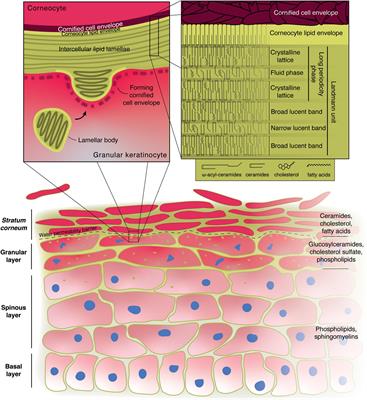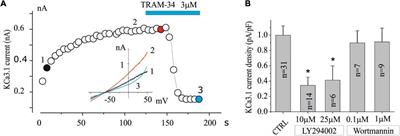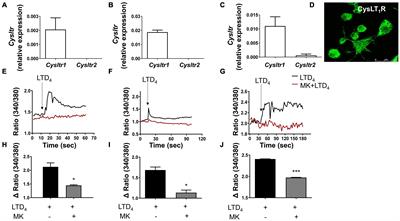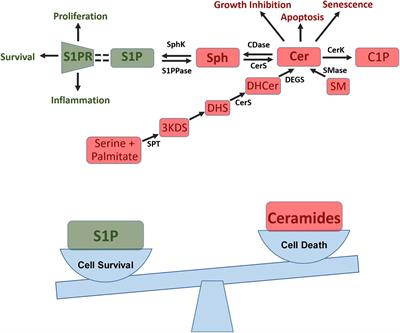EDITORIAL
Published on 25 Feb 2022
Editorial: Lipid Orchestrated Signaling in Physiology and Pathology
doi 10.3389/fphys.2022.862073
- 639 views
- 1 citation
7,436
Total downloads
25k
Total views and downloads
You will be redirected to our submission process.
EDITORIAL
Published on 25 Feb 2022
MINI REVIEW
Published on 27 Jan 2022

ORIGINAL RESEARCH
Published on 20 Jan 2022

REVIEW
Published on 12 Jan 2022

BRIEF RESEARCH REPORT
Published on 07 Jan 2022

ORIGINAL RESEARCH
Published on 18 Nov 2021

REVIEW
Published on 08 Oct 2021

